Black History Month: Showing Love in Sports
In 2021, we shared a listing of Black athletes who impacted sports in the past and present. This year, we want to showcase several more figures in sports for Black History Month. Women of color went unrecognized in sports history for a long time, but their stories are no longer under the radar. Here are five African American women’s stories to celebrate this Black History Month.
Florence Griffith Joyner
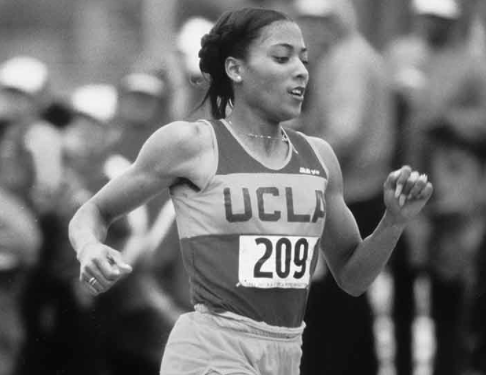
In 2021, we showcased Jackie Joyner-Kersee. This time, we wanted to mention her sister-in-law Florence Griffith Joyner. She became a champion and a personality in the late 1980s after setting records for the 100 and 200-meter dash. She won three gold medals at the 1988 Seoul Olympics in South Korea. From 1993 to 1995, she served as a co-chair of the President’s Council on Physical Fitness. During her career, she also became known as a fashion icon. She passed away unexpectedly in 1998 after a severe epileptic seizure. Her legacy continues, and her name appears on street signs and a park in Mission Viejo, California. In Time Magazine’s 2020 list of the most influential women of the 20th century, she was named the 1988 Woman of the Year.
Alice Coachman
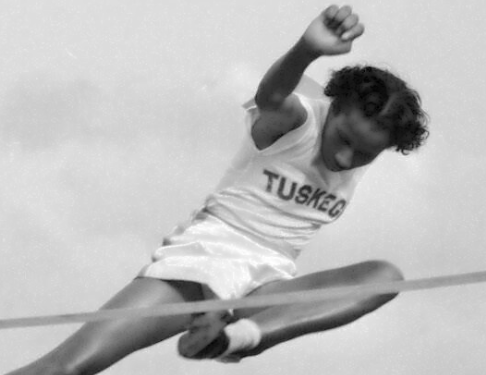
Born in 1923, Alice Coachman became the first black woman from any country to win a gold medal at the Olympic Games. She was encouraged as a child to participate in “ladylike” sports, but she chose to go her own way. Coachman competed in track and field and basketball in high school and was spotted by scouts at the Tuskegee Institute. When she attended the institute in 1943, she studied dressmaking. In the 1948 Olympic games in London, she shattered the Olympic record for the high jump and was the first person to be awarded gold at those games. King George VI himself presented her with the medal. When she returned to the U.S. to celebrate her victory, she faced discrimination and segregation, even at ceremonies held in her honor. In 1952, she became the first black female athlete with a major corporate endorsement: Coca-Cola. In 1994, she began the Alice Coachman Track and Field Foundation for young athletes in financial need. She passed away in 2014 at 90 years old.
Bonnie St. John
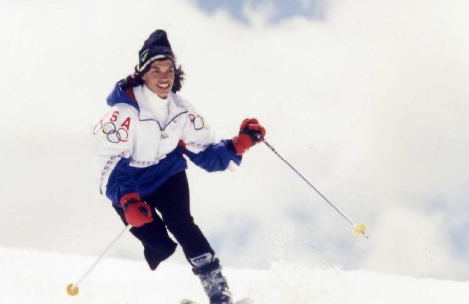
A motivational speaker, Bonnie St. John, has lived an incredible life and wants the world to know about it. In the 1984 Winter Paralympics, she became the first black woman to win medals in any winter Olympic event. At age five, St. John had a partial amputation of her right leg, but that didn’t stop her from setting and achieving goals. She was competitive in skiing, and her silver and bronze medals garnered much attention. She is also a Harvard graduate and Rhodes Scholar. President Obama named her to represent the U.S. in the Winter Paralympic games in Vancouver and the Summer Paralympics in Rio. Today, she is an author, speaker, and leadership coach.
Earlene Brown
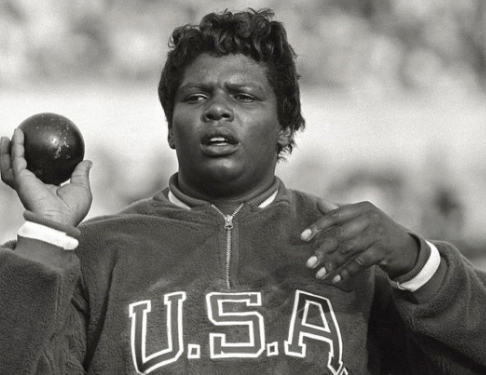
Born in Texas, Earlene Brown made her name in track and field and roller derby. She competed in three Olympic games and won Bronze for the shot put in 1960. In 1958, she was ranked number one in the world and the first American to break the 50-foot barrier in the shot put. After retiring from track and field, Brown turned to the roller derby community in 1965. She competed with the Texas Outlaws and New York Bombers. Brown was a formidable competitor in the sport and returned to play with the Los Angeles Thunderbirds even after a short retirement. She retired in 1975. She passed away at the age of 47 in 1983.
Ora Washington
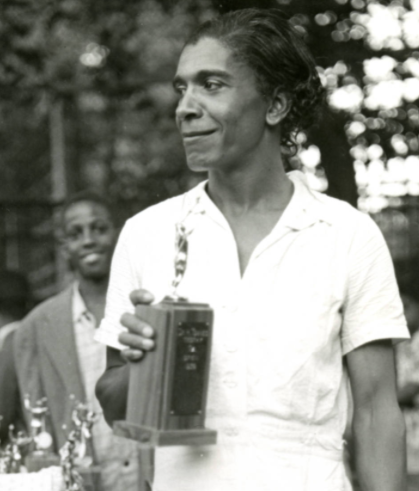
Though the exact date of her birth is unknown, Ora Washington was born in Virginia around 1889. After her mother passed away, her father moved the family north in The Great Migration in the mid-1910s. She is believed to have joined her Aunt in Germantown, Pennsylvania and the census in 1920 shows her living there. She joined the YMCA in the area opened to serve the black community and began playing tennis. She was a member of the all-Black American Tennis Association, and between 1929 and 1937, she won the singles championship seven times. Washington was denied membership in the United States Lawn Tennis Association as the organization remained segregated until after her retirement. During this time, she also played basketball and won several championships in the 1930s. Due to race policies in the United States at the time of her success, Washington supported herself as a housekeeper. She passed away in 1971 after a long illness.
Who inspires you?
